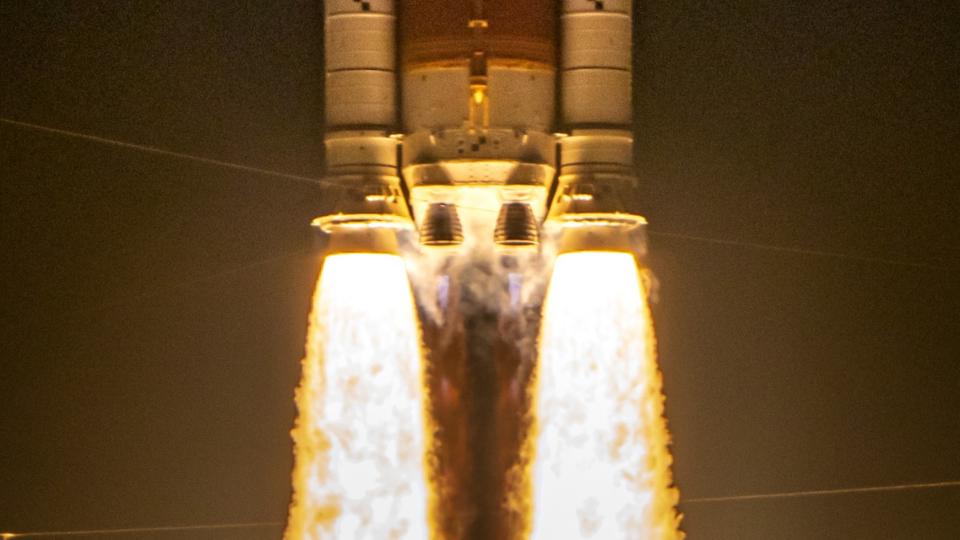“Hearst Magazines and Yahoo may earn commission or revenue on some items through these links.”
-
For society to transition to an electrified world, many technologies—like EV motors and electric grid batteries—will need to gain prominence. And many of those technologies require rare earth metals, which can be costly in terms of both money and environmental and societal degradation.
-
A U.K.-based company announced last week that they’d successfully developed, in just three months, a magnet that doesn’t use rare earth metals at all using AI—according to the company, that’s roughly 200 times faster than normal.
-
AI is already being leveraged to discover materials in other crucial areas of the green energy transition, showcasing that artificial intelligence can be a powerful ally in the battle against climate change.
It’s no secret that the world needs to transition away from fossil fuels—and quickly. One of the big concerns surrounding humanity’s breakneck green energy transition is that the electric motors and electric batteries that will power that future need rare earth metals, and getting those metals can be disastrous on both environmental and societal levels. For these reasons, as well their overall pricey-ness and scarcity, automakers like Tesla are actively searching for alternative materials to power their growing fleet of EVs.
Simply put, humans don’t have enough time to research alternative materials for our green energy future. But luckily, artificial intelligence ‘lives’ life in the fast lane.
A U.K. tech company called Materials Nexus recently announced, with the help of its AI platform, they’d developed a magnet that’s completely free of rare earth metals. While this isn’t the first such device—other companies have also created “clean earth” magnets—they did so after a about decade of trial-and-error. According to Materials Nexus’ press release, the company’s AI platform took only three months to design its rare earth metal-free creation, MagNex.
“The current industry standard permanent magnet took decades to discover and even longer to develop into the products we use today; MagNex took just 3 months to design, synthesize and test—x200 faster,” the press statement reads. “MagNex can be produced at 20 percent of the material cost and a 70 percent reduction in material carbon emissions (kg CO2/kg), compared to rare earth element magnets currently on the market.”
Materials Nexus worked with the Henry Royce Institute (a U.K. national institute)and the University of Sheffield to synthesize and test the magnet. The company said that a similar AI design approach could also revolutionize other facets of the green energy transition, including the design of semiconductors and superconductors. This seems more than possible, as only days before the reveal of MagNex, scientists from the U.K. and Japan successfully created an iron-based superconducting magnet using artificial intelligence.
While the arrival of capable artificial intelligence brings with it much deserved skepticism, as well as job security-induced anxiety, AI is particularly suited to be revolutionary in the field of materials science. According to the Materials Project, an open-source database meant to help support research into new materials, humans discovered 20,000 materials through experimentation—a number that was upped to 48,000 thanks to the dawn of computing.
In late 2023, researchers at the Google-owned Deepmind reported in the journal Nature that its Graph Networks for Materials Exploration (GNoME) used those 48,000 materials to dream up an additional 2.2 million materials—380,000 of which are considered stable and excellent candidates for synthesis.
Completely transitioning the entire world from fossil fuels to electricity as soon as humanly possible isn’t good enough—luckily, we have an AI ace up our sleeve.
You Might Also Like
Signup bonus from





